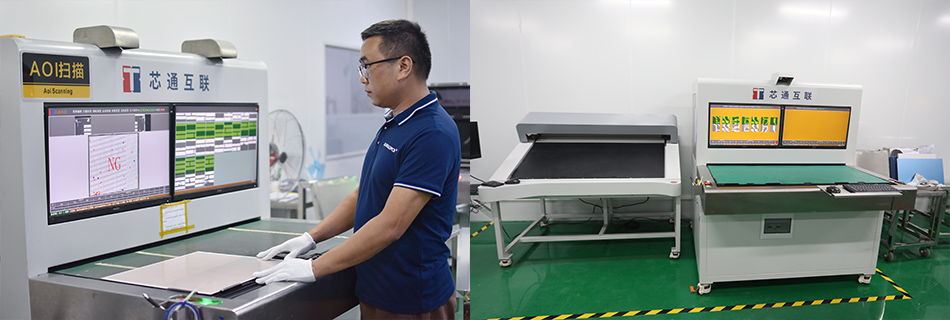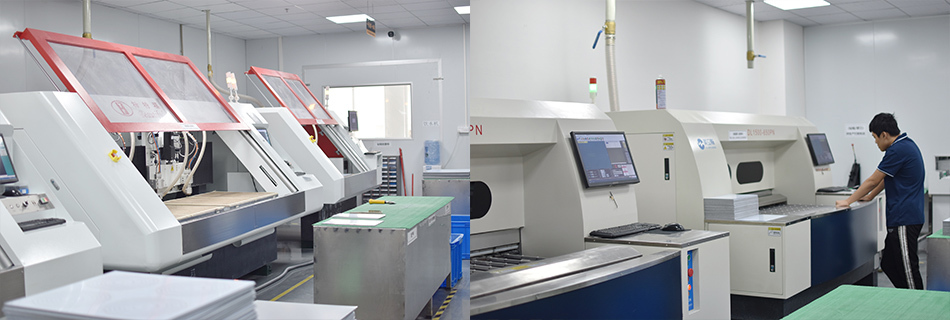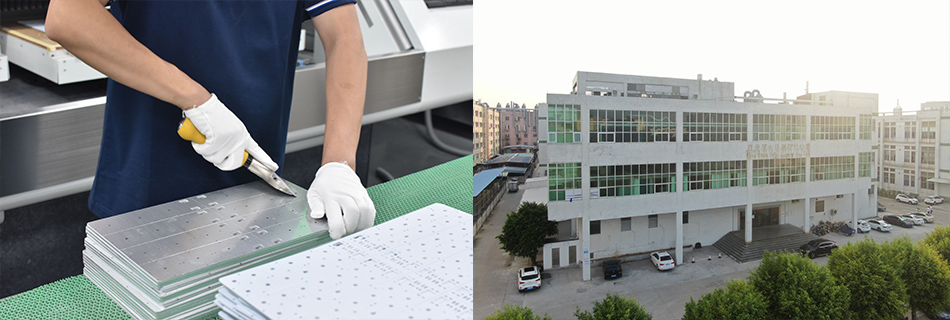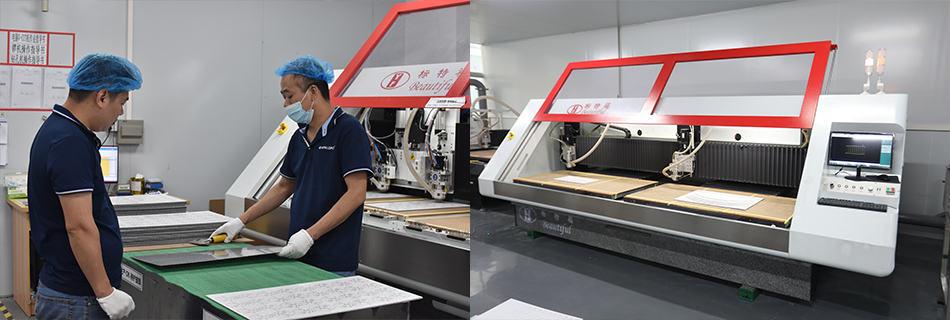-
- PCB TYPE
- PRINTED CIRCUIT BOARD PROTOTYPE ALUMINUM PRINTED CIRCUIT BOARD R&F PCB FPC HIGH FREQUENCY PCB HIGH-TG PCB HEAVY COPPER PCB HDI PCB PCB FOR LIGHTING METAL CORE PCB
time:Sep 10. 2025, 08:42:56
When it comes to printed circuit boards (PCBs), the design and manufacturing process involves several intricate details that can significantly impact the performance and reliability of the final product. One crucial aspect of PCB design is the incorporation of counterbore holes. In this article, we will delve into what counterbore holes are, their importance in PCB design, and how to choose the right PCB manufacturer that specializes in counterbore holes.
Counterbore holes are a specific type of hole used in PCBs where the upper portion of the hole is larger than the lower section. This design allows for the head of a screw or a fastener to sit flush with or below the surface of the PCB. Counterbore holes are commonly used in applications where a flat surface is necessary, or where extra space is needed for components to fit properly.
Counterbore holes play a vital role in maintaining the structural integrity and functionality of PCBs. Here are some key benefits of using counterbore holes in PCB design:
Enhanced Stability: By allowing screws and fasteners to sit flush with the PCB surface, counterbore holes help ensure a stable and secure attachment of components.
Space Optimization: Counterbore holes provide additional space for components and connectors, which is particularly beneficial in high-density PCB designs.
Improved Aesthetics: With fasteners hidden below the surface, PCBs with counterbore holes offer a cleaner and more professional appearance.
Reduced Stress on Components: Properly designed counterbore holes can help distribute mechanical stress, reducing the risk of damage to components during assembly and operation.

PCB manufacturing involves several stages, from initial design to final production. Each stage requires precision and expertise to ensure the highest quality output. Let's take a closer look at the key steps involved in the PCB manufacturing process:
The first step in PCB manufacturing is the design phase, where engineers create detailed schematics and layouts of the board. This stage often involves the use of computer-aided design (CAD) software to ensure accuracy and precision. After the design is finalized, a prototype is developed to test the board's functionality and performance.
Selecting the right materials is crucial for the success of any PCB project. The choice of substrate, copper thickness, and solder mask can all influence the board's performance and durability. For counterbore holes, it's important to choose materials that can withstand the mechanical stresses involved in the assembly process.
Once the design and materials are finalized, the next step is drilling the holes, including the counterbore holes, into the PCB. This process requires specialized equipment to ensure precision and consistency. After drilling, the holes are plated with a conductive material, typically copper, to create the necessary electrical connections.
In the assembly phase, components are mounted onto the PCB using soldering techniques. This step requires careful attention to detail to prevent issues such as misalignment or improper connections. Once assembly is complete, the PCB undergoes rigorous testing to ensure it meets all specifications and performance requirements.

Selecting the right PCB manufacturer is essential for ensuring the quality and reliability of your final product. Here are some key factors to consider when choosing a PCB manufacturer specializing in counterbore holes:
Look for a manufacturer with extensive experience in PCB design and manufacturing, particularly in the production of boards with counterbore holes. An experienced manufacturer will have the knowledge and skills necessary to address any challenges that may arise during the production process.
Quality control is a critical aspect of PCB manufacturing. Ensure that the manufacturer you choose has robust quality control processes in place to guarantee the consistency and reliability of their products. This should include thorough testing and inspection procedures at every stage of production.
The PCB manufacturing industry is constantly evolving, with new technologies and techniques emerging regularly. Choose a manufacturer that stays up-to-date with the latest advancements in the field and invests in state-of-the-art equipment and technology.
Effective communication and support are essential when working with a PCB manufacturer. Choose a company that offers excellent customer service and is responsive to your needs and concerns throughout the manufacturing process.

Counterbore holes are a crucial component of modern PCB design, offering numerous benefits in terms of stability, space optimization, aesthetics, and stress reduction. Understanding the importance of these features and selecting the right PCB manufacturer can significantly impact the success of your project. By considering factors such as experience, quality control, technological capabilities, and customer support, you can ensure that your PCB is manufactured to the highest standards.
In conclusion, whether you're designing a high-tech gadget or a simple electronic device, the incorporation of counterbore holes in your PCB can enhance its functionality and longevity. Choose a reliable PCB manufacturer with expertise in counterbore holes to bring your design to life with precision and excellence.


Got project ready to assembly? Contact us: info@apollopcb.com



We're not around but we still want to hear from you! Leave us a note:

Leave Message to APOLLOPCB
